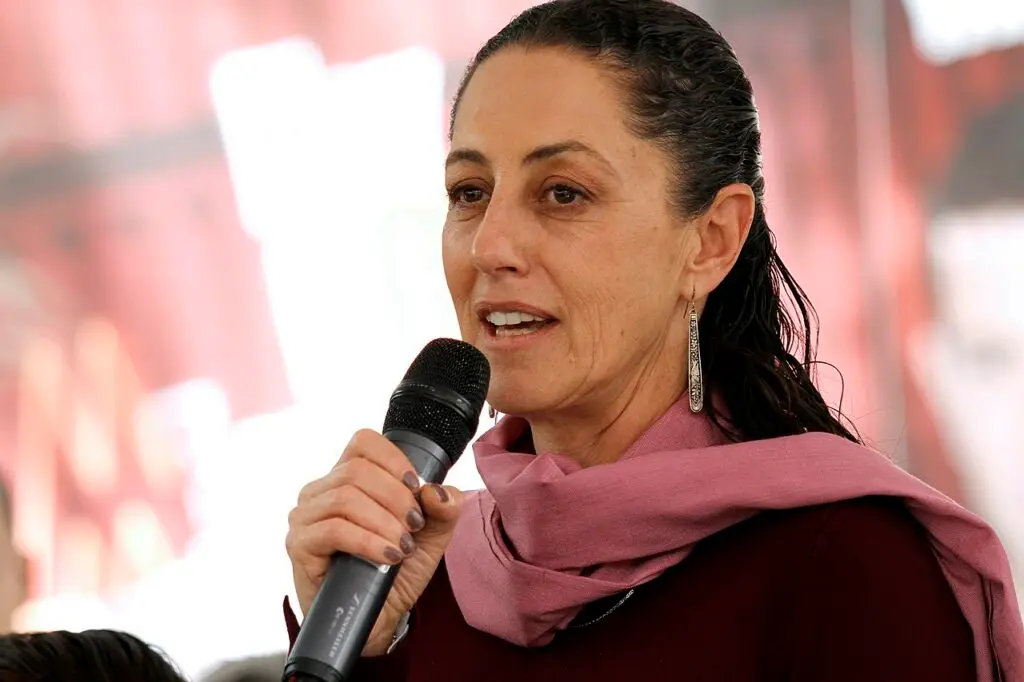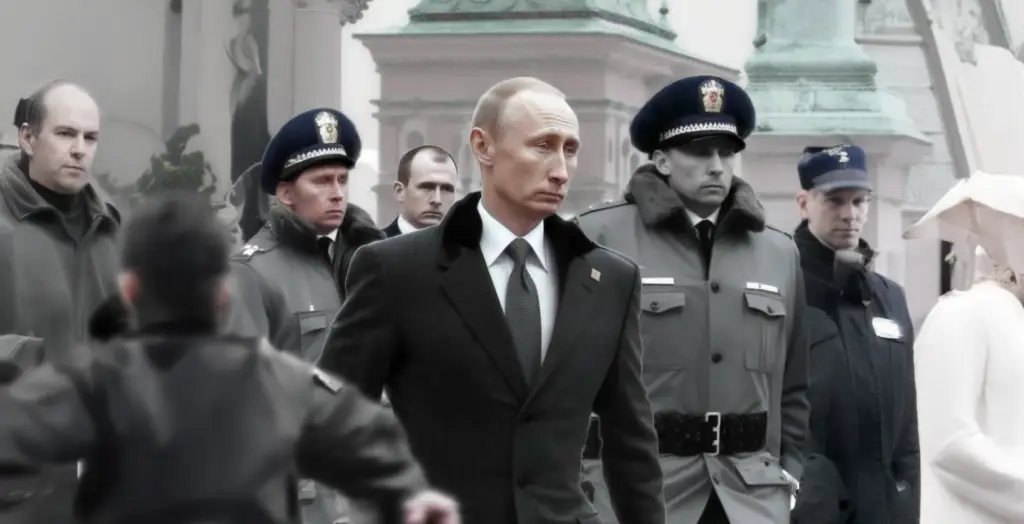Claudia Sheinbaum: Mexico’s First Female President

Claudia Sheinbaum, Mexico’s first female president, brings a unique background as a physicist and environmental scientist to the nation’s highest office. Her political rise began alongside Andrés Manuel López Obrador and led her to become mayor of Mexico City. Sheinbaum focuses on social reforms, the fight against drug cartels, and pragmatic foreign policy. Despite strong popularity, she faces criticism over security challenges, human rights issues, and her close ties to López Obrador.
The USA – From an Industrial to a Service-Based Economy: Why New Jobs Are Missing

The U.S. lost millions of industrial jobs, but the growing service sector couldn’t replace them. Service jobs tend to be lower-paying, and many lost factory jobs were replaced by these lower-wage positions. Additionally, most new jobs are in low-skilled services, not high-skill jobs. The shareholder-focused capitalism of the 1980s led companies to offshore production and cut jobs to increase profits. Automation has also replaced many industrial jobs, and even if companies return to the U.S., they may not create many new jobs due to high-tech automation.
Donald Trump’s Current Trade Policy: A Plan Hidden in Chaos

Trump’s three-phase strategy aims to reshape the global economic order in favor of the U.S. Initially, tariffs are used as a negotiating tool, followed by reciprocal tariffs to create fairer trade. The long-term goal is a new currency agreement that strengthens the U.S. dollar while allowing for its devaluation. This strategy carries significant risks: if it fails, it could lead to global fragmentation and a diminished role for the U.S. on the world stage.
Russia’s Covert and Hybrid Warfare: The Gerasimov Doctrine in Action

Russia’s hybrid warfare, driven by the Gerasimov Doctrine, combines military and non-military means to destabilize its opponents. Through covert operations, cyberattacks, disinformation, and economic pressure, Russia seeks to undermine democracies and expand its influence. The GRU, especially its Unit 29155, plays a key role in sabotage, assassinations, and destabilization efforts worldwide. The West faces an undeclared war, and Russia’s aggressive tactics pose a severe threat to global security and democracy.
Twilight of Democracy: How Oligarchs Are Driving Capitalism into Fascism

Capitalism is at a crossroads. As oligarchs accumulate unprecedented wealth and power, inequality rises, threatening democratic values. History shows that economic instability often paves the way for fascism—is history repeating itself? This article explores how short-term profit motives, political manipulation, and the erosion of the middle class create a dangerous spiral. Where does this path lead? Can capitalism be reformed for fairness, or are we heading toward an authoritarian future?
Scandal in the Oval Office: Trump vs. Zelensky – Is Ukraine Aid Now at Risk?

The recent Oval Office clash raises doubts about continued Ukraine aid. With Trump back in power, Europe must ask: Can it sustain Kyiv without U.S. support? While nations like Germany, France, and Poland send billions in weapons, it’s unclear if that’s enough. Without Washington, ammunition shortages and political fractures loom. If Europe doesn’t step up fast, Russia could gain the upper hand—threatening Europe’s security architecture.
Russian Propaganda and Its Narratives: An Analysis

Russian propaganda aims to sow doubt and discredit Western support for Ukraine. Common narratives claim that Ukraine is a dictatorship, the West orchestrated a coup in 2014, or that Russia is merely defending itself. These claims do not hold up to factual analysis. Ukraine remains a democracy, Russia is the aggressor, and Western sanctions are weakening Moscow’s economy in the long run. Critical source analysis is essential to expose disinformation.
Putin’s Sinister Game: Destabilizing Europe Through Manipulation, Chaos, and Hybrid Warfare

Putin isn’t waging war with tanks but with disinformation, cyberattacks, and political manipulation. His goal: a weak, divided Europe that collapses from within. While the West hesitates, Putin exploits every vulnerability. If Europe doesn’t wake up soon, his vision of a powerless, chaotic EU may become reality.
On a Personal Note – Why I Write?

Why do I write? Because it’s about values, freedom, and exchanging thoughts. I share my experiences and political views not to show off, but to reflect on the world. My values have been shaped by history, travel, and personal experiences. Today, I see freedom and democracy under threat—not just in Russia, but also in the West. Many people are disillusioned, but the alternatives are often worse. I may leave Germany again, but until then, I write to spark discussions. If we don’t defend our values, we risk losing them.
Europe at a Crossroads: Challenges and Opportunities for a Stronger Future

Europe stands at a crossroads: geopolitical tensions, technological shifts, and economic competition threaten its position against powers like the US, China, and India. Internal divisions and bureaucratic inertia hinder necessary reforms. Yet, Europe has immense potential: investment in education, innovation, renewable energy, and social cohesion could strengthen its global standing. A new “innovation drive,” energy independence, and democratic modernization are crucial to safeguarding competitiveness. Without bold reforms, Europe risks falling behind and becoming dependent on other powers. Now is the time to act and build a forward-looking vision for the continent’s future.